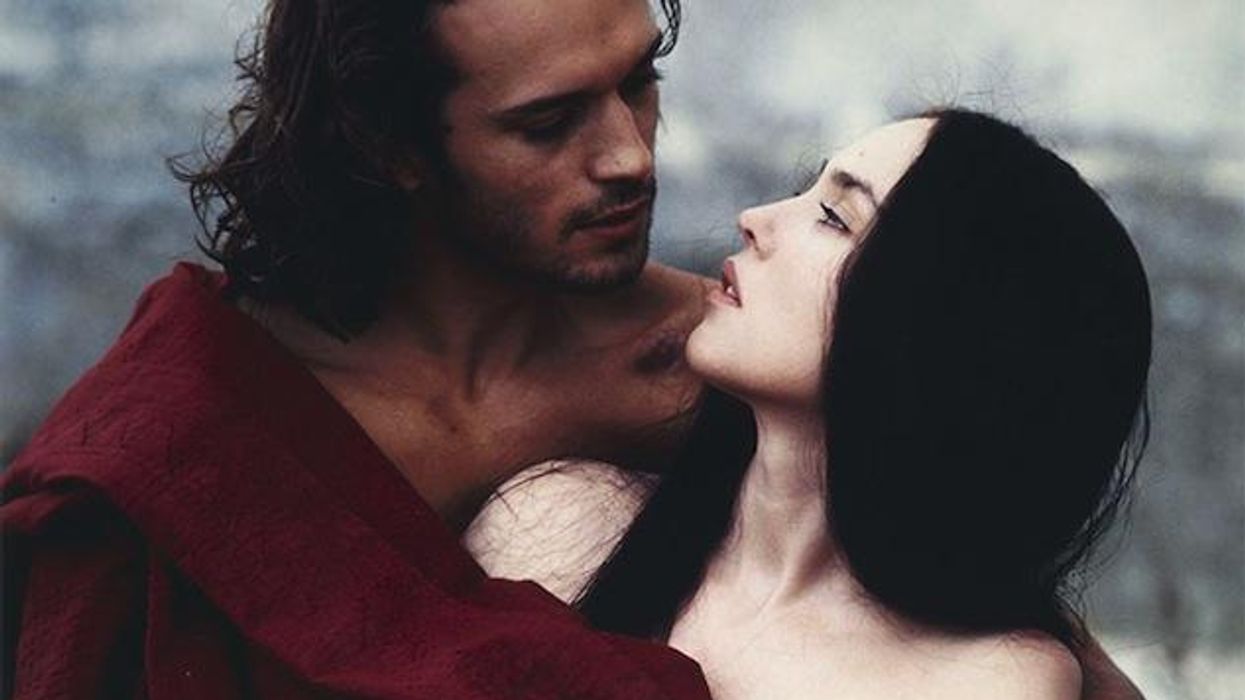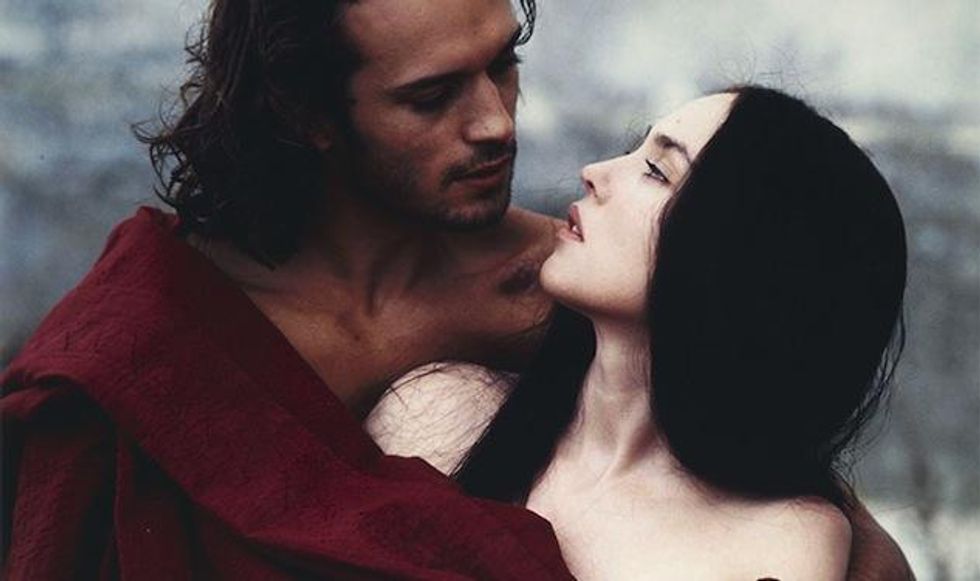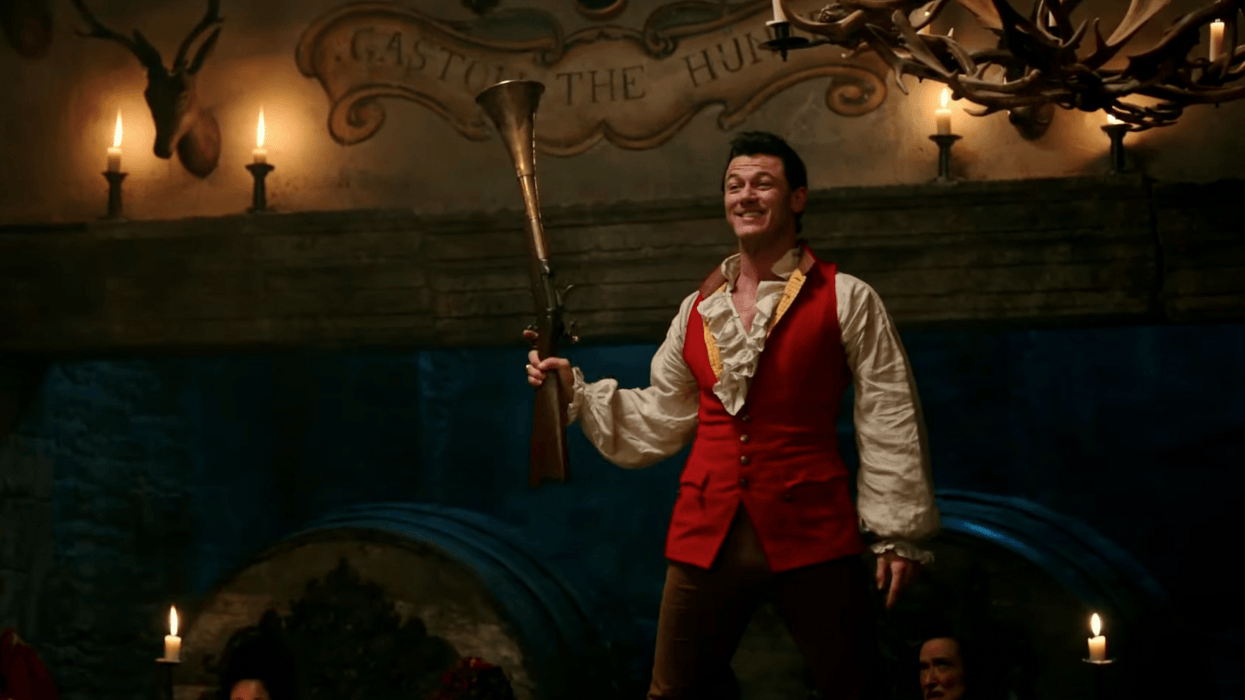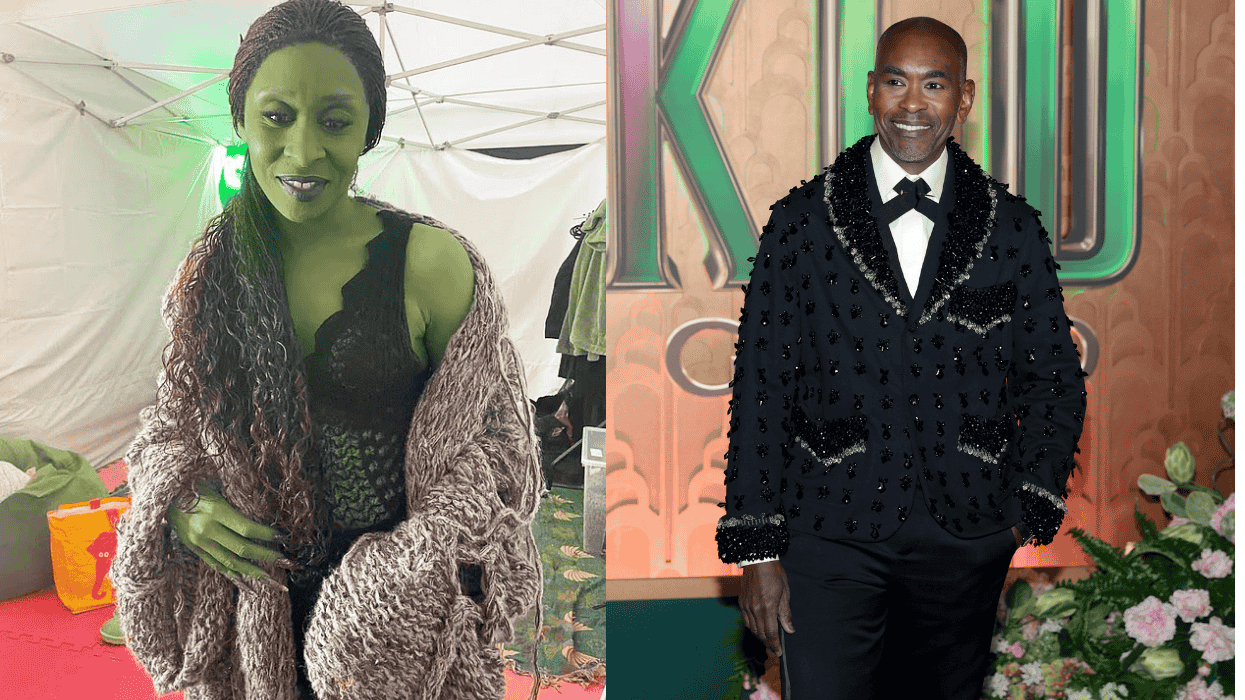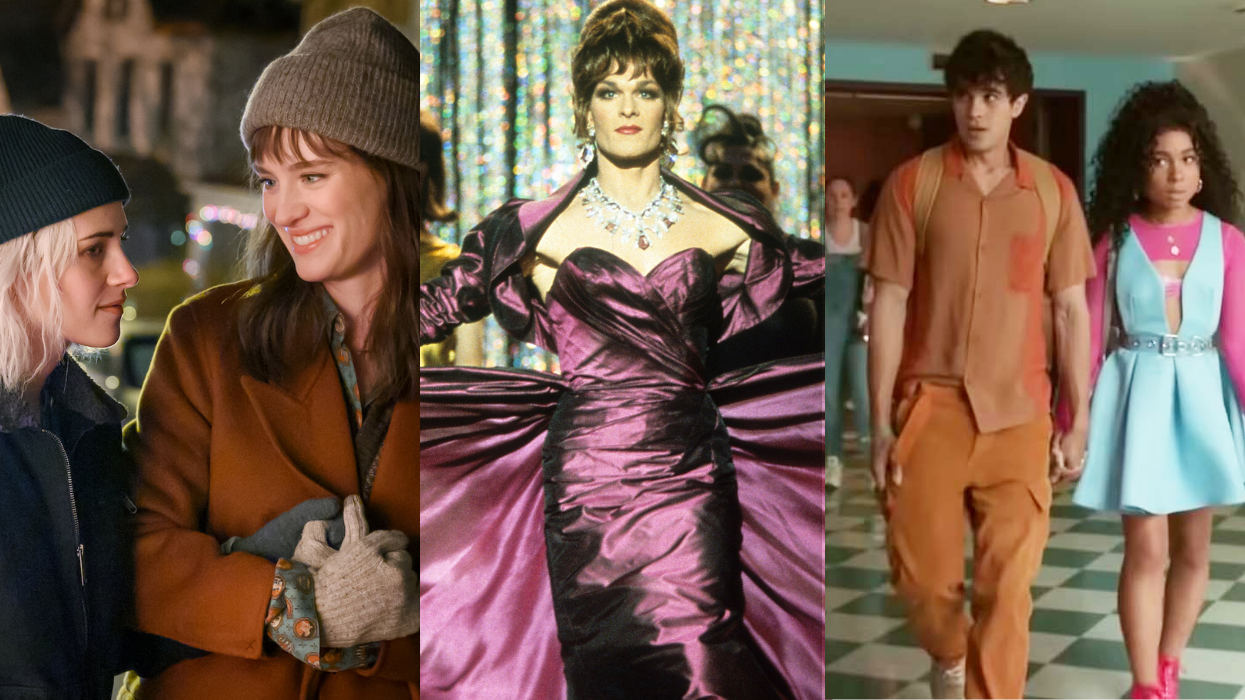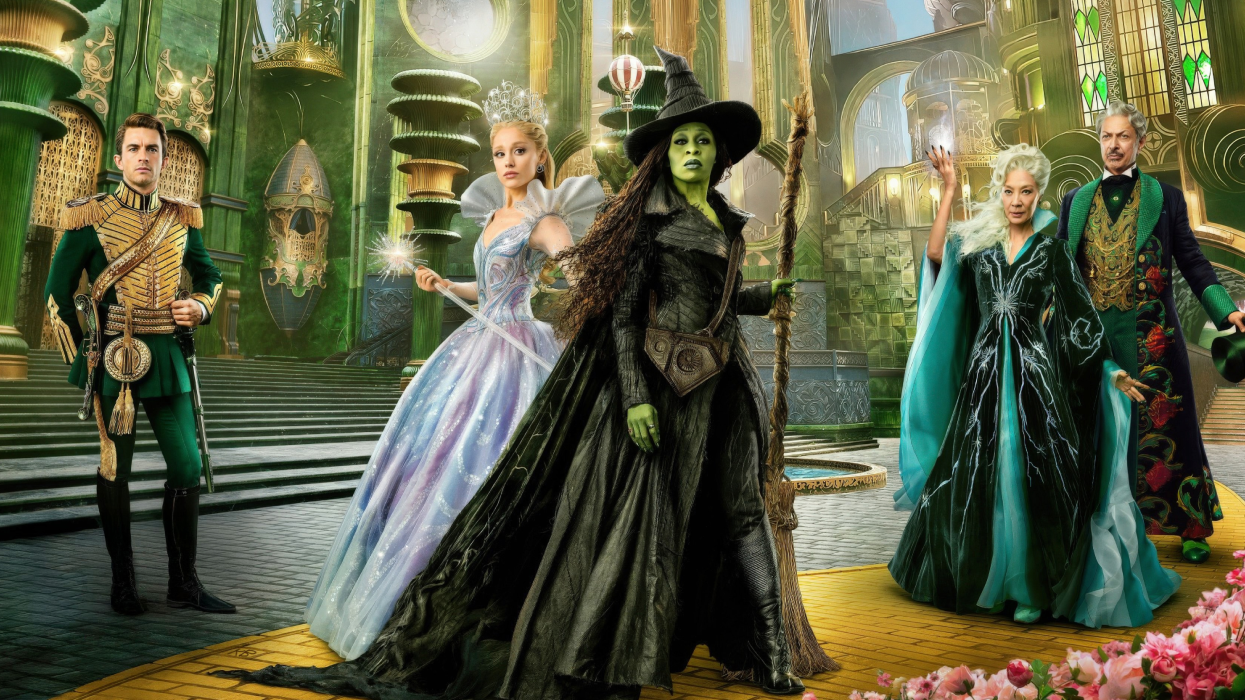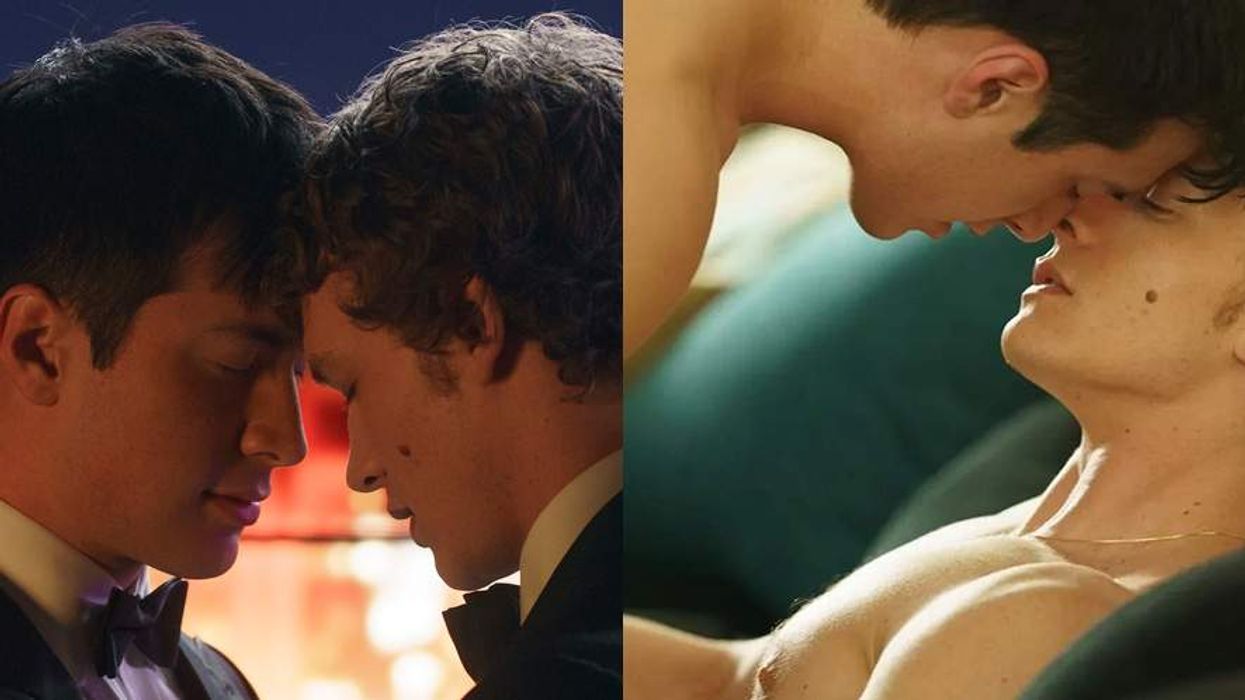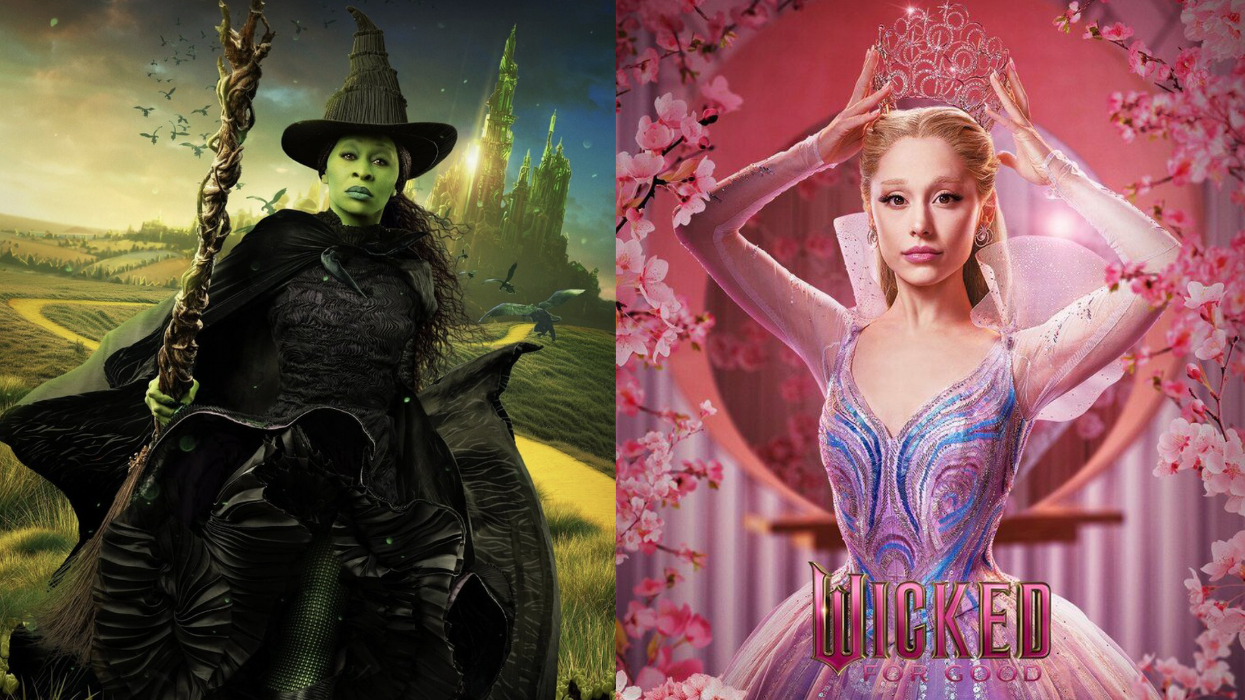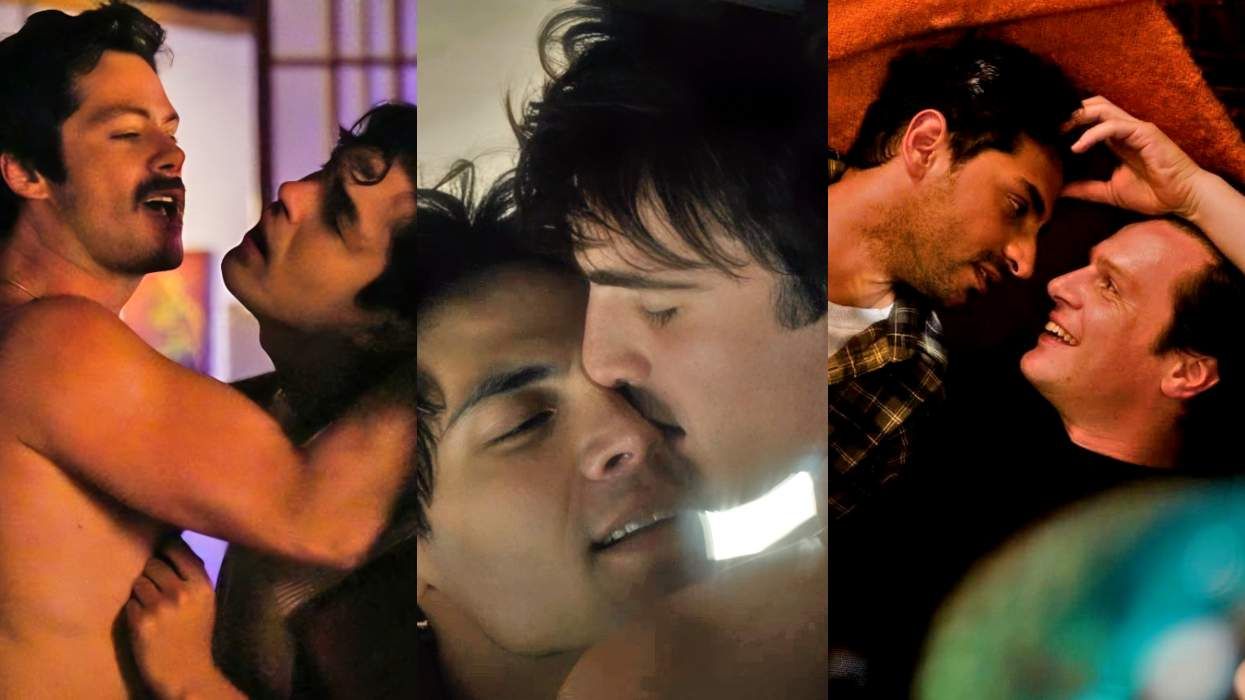Anyone who thinks of Brokeback Mountain or Milk as ideal gay period dramas should hurry to the revival of Patrice Chereau's 1994 Queen Margot for the hottest period drama in movie history.
The lessons in Queen Margot are not issue-oriented, although it concerns the war of religions in 1572 France; the real subject is the quicksilver sexual drives of its characters: The Catholic ruling family headed by King Charles IX (Jean-Hugues Anglade) and his mother Catherine de Medici (Virna Lisi) who maneuver a marriage between Marguerite (Isabelle Adjani) and the Protestant Henry of Navarre (Daniel Auteuil). These power-mad royals are in sexual overdrive--the nicknamed Margot and her three brothers (including Pascal Greggory as Anjou and Julien Rassam as Alencon) are incestuous and boundary-less. The consequences of their recklessness are inevitable but before that happens, Chereau unleashes their eroticism. It is voluptuous, complicated and exciting.
Scandal precedes catastrophe then turns classically tragic. In that order because Chereau, who died last fall, was an outrageously gifted artist (opera, theater and film) whose showmanship was tied to a politicized and sexualized moral sense. Queen Margot concerns the turmoil of human passion--Chereau's constant theme--and so its relevance is timeless, not just an allegory for contemporary politics or even an AIDS-era cautionary tale. In fact, it was made during a period when AIDS-aware gay filmmakers were coming to the forefront of the French film industry: Andre Techine, the Duscatel-Martineau team, the late Cyril Collard all advanced queer experience on the same level as French cinema's masters.
Unafraid of sexual expression, Chereau also recognized the troubling aspects of individual, unfettered behavior. Queen Margot locates this in political history, especially through its characters' libidinous distractions and selfish, sometimes poisonous schemes. Charles's double life as a down-low bisexual father parallels Margot's brazen thrill-seeking; scenes of Margot and her handmaiden Henriette (Dominique Blanc) cruising streets and alleys as masked sex-hunters resembles what you might think of as gay license but the risks are intensified.
This pageant of political history is primarily a pageant of hunks. Chereau cast an array of Europe's most talented and appealing actors including Jean-Claude Brialy, Thomas Kretschmann, Johan Leysen, Miguel Bose, Albano Guaetta, Carlos Lopez, and Bruno Todeschini, a sinewy, hirsute and ravishing range of virility. None are more so than tall, swarthy Vincent Perez as Le Mole, the Protestant love of Margot's life, stumbled upon while man-trolling. A pivotal character, Le Mole is introduced when Catholics and Huguenots gather for Margot's arranged marriage: he's forced into crowded accommodations--in bed together with his enemies--outside the Louvre palace.
Chereau goes for sexual and political frisson. The palace intrigues recall boisterous Shakespeare as well as the great intrigues of cinematic legend. It follows Stroheim realism, DeMille orgies, Eisenstein's pomp, plus the opulence, grief and bloodletting surely inspired by Coppola's conclusive Godfather III. One major sequence recreates the St. Bartholomew's Day Massacre of the Huguenots--an event previously depicted in a segment of D.W. Griffith's magnificent 1917 Intolerance. Sure enough, Charles and Margot's breathtaking liebestod is worthy of Griffith and Lillian Gish's silent movie epiphanies.
It took a great gay director to make this epic of conflicted passions. Chereau's vision of history is infused with his own personal complicated sexuality (shots of Perez's splendid writhing torso prefigures the body study of Son Frere and the transgender revelation in Chereau's follow-up masterpiece Those Who Love Me Can Take the Train). More than bloody spectacle, Queen Margot's pageant of appetite, lust, ambition, faith gives gay feeling to Catholic ironies of brotherhood. Anxious Margot is advised: "You need another man to wake your body up and put your memory to sleep." Then Le Mole's sense of destiny, "God put this man on my road," speaks for everybody.
Originally cut in its 1994 American release, Queen Margot has been newly restored in a 159-minute director's cut by Cohen Media Group. It screens at Film Forum in New York City, May 9-15. Watch the trailer below:


